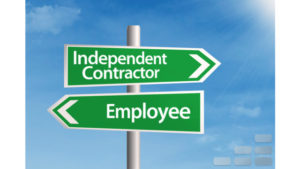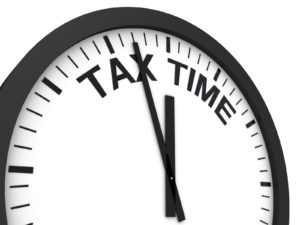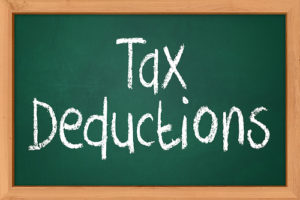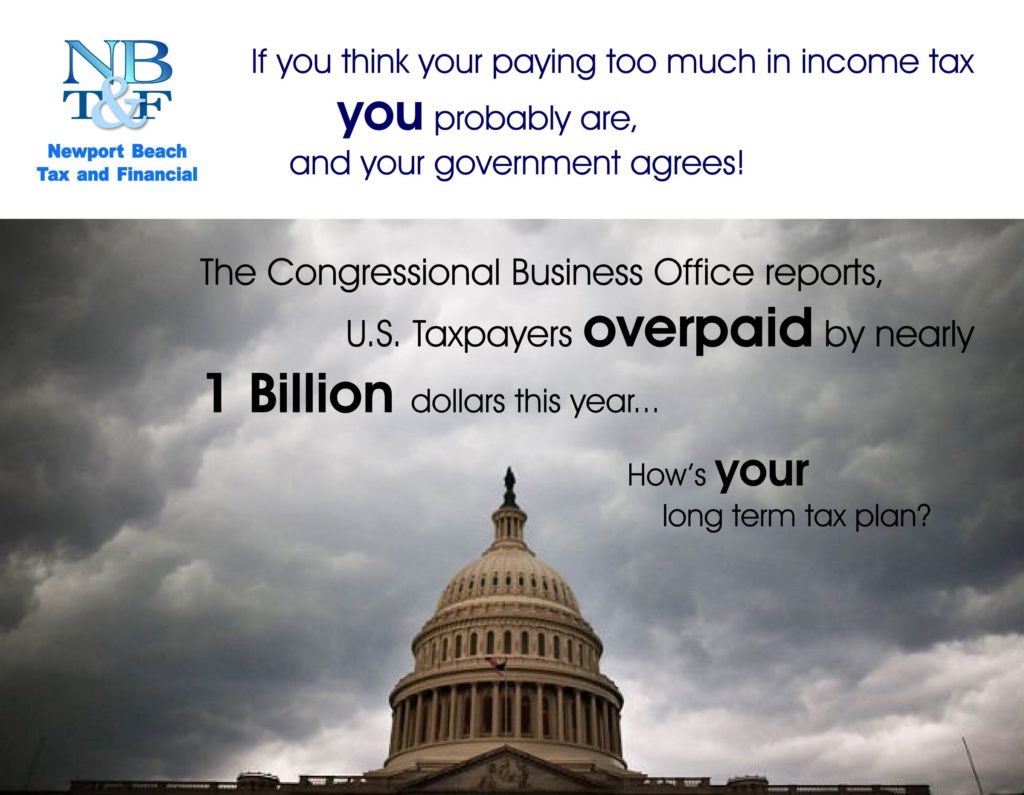 Mistakenly classifying an employee as an independent contractor can result in significant fines and penalties. There are 20 factors used by the IRS to determine whether you have enough control over a worker to be an employer. Though these rules are intended only as a guide-the IRS says the importance of each factor depends on the individual circumstances-they should be helpful in determining whether you wield enough control to show an employer-employee relationship. If you answer “Yes” to all of the first four questions, you’re probably dealing with an independent contractor; “Yes” to any of questions 5 through 20 means your worker is probably an employee.
Mistakenly classifying an employee as an independent contractor can result in significant fines and penalties. There are 20 factors used by the IRS to determine whether you have enough control over a worker to be an employer. Though these rules are intended only as a guide-the IRS says the importance of each factor depends on the individual circumstances-they should be helpful in determining whether you wield enough control to show an employer-employee relationship. If you answer “Yes” to all of the first four questions, you’re probably dealing with an independent contractor; “Yes” to any of questions 5 through 20 means your worker is probably an employee.
1. Profit or loss. Can the worker make a profit or suffer a loss as a result of the work, aside from the money earned from the project? (This should involve real economic risk-not just the risk of not getting paid.)
2. Investment. Does the worker have an investment in the equipment and facilities used to do the work? (The greater the investment, the more likely independent contractor status.)
3. Works for more than one firm. Does the person work for more than one company at a time? (This tends to indicate independent contractor status, but isn’t conclusive since employees can also work for more than one employer.)
4. Services offered to the general public. Does the worker offer services to the general public?
5. Instructions. Do you have the right to give the worker instructions about when, where, and how to work? (This shows control over the worker.)
6. Training. Do you train the worker to do the job Continue reading →
 Millions of people enjoy hobbies that are also a source of income. From catering to cupcake baking, crafting homemade jewelry to glass blowing — no matter what a person’s passion, the Internal Revenue Service offers some tips on hobbies.
Millions of people enjoy hobbies that are also a source of income. From catering to cupcake baking, crafting homemade jewelry to glass blowing — no matter what a person’s passion, the Internal Revenue Service offers some tips on hobbies.








